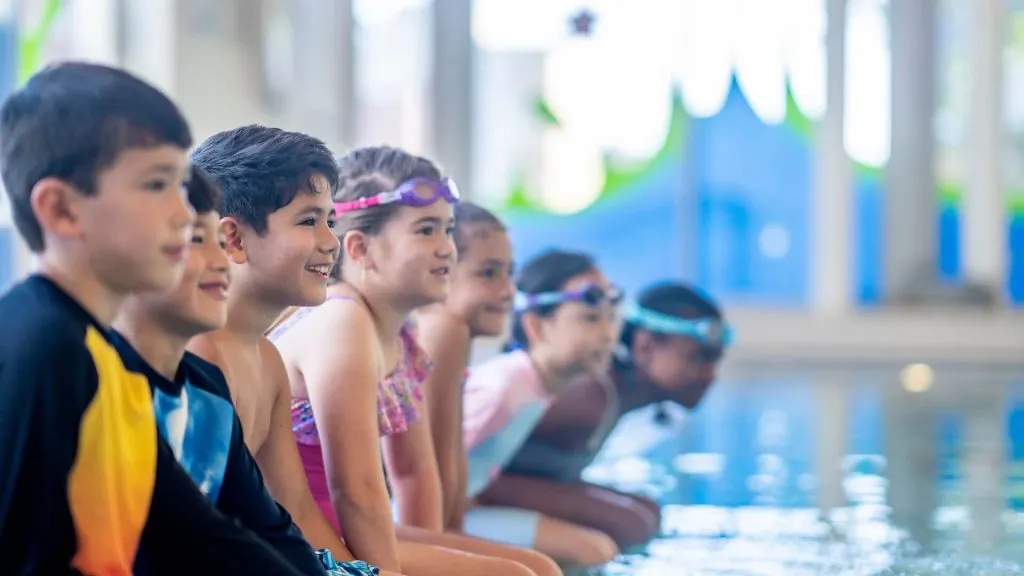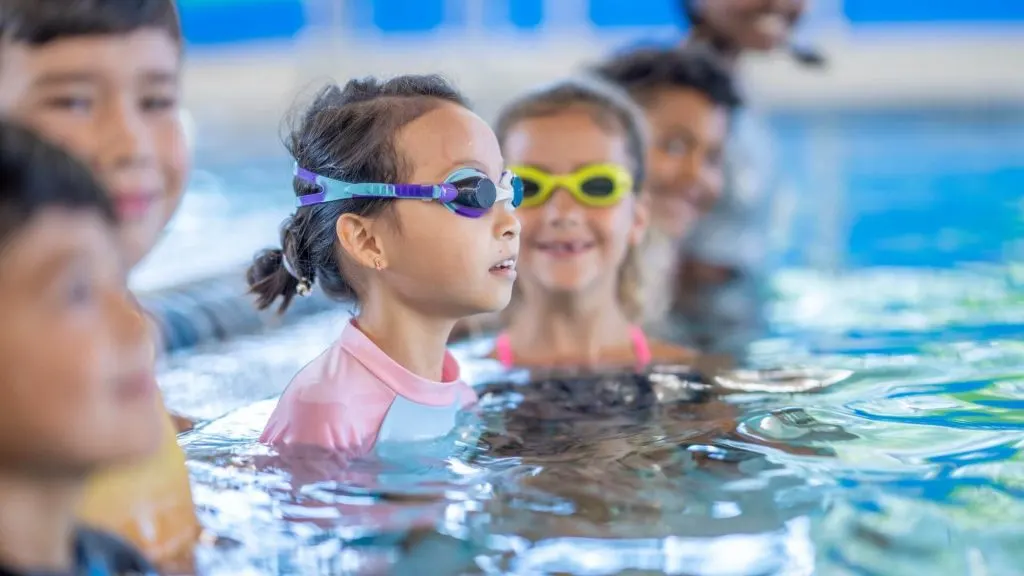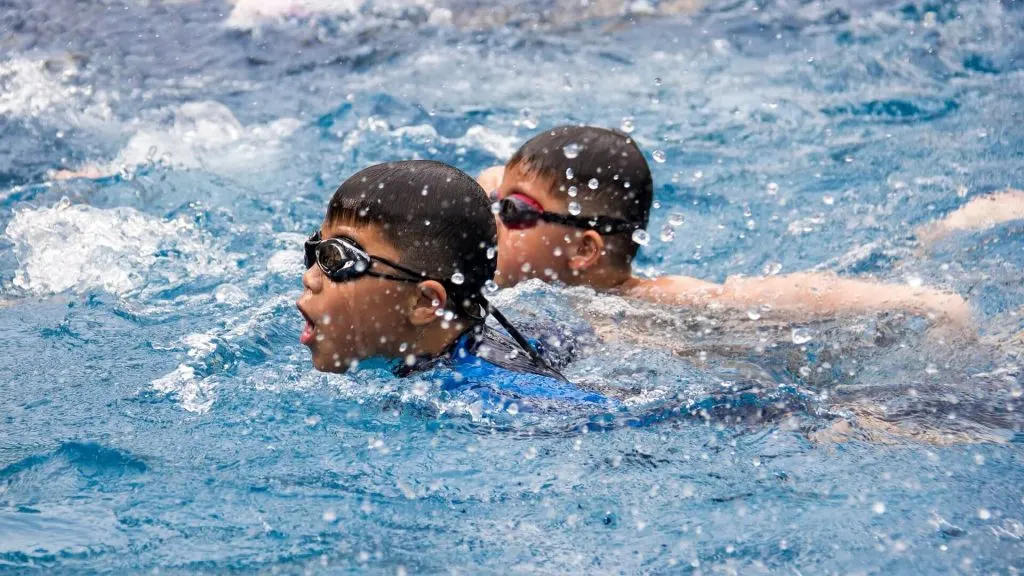For most parents, enrolling their kids in swimming lessons is a natural part of growing up. But with so many swimming schools out there, how can you ensure that you select the best one for your child? Investing time and effort into researching different options can help you find the right fit. After all, your kid needs to become comfortable in the water and gain basic skills immediately. Here are six guidelines for choosing an appropriate swim school to guide you through this process.

Location and Schedule
The school’s location should be convenient and accessible for the family to ensure that getting their child to lessons is easy. The school should provide a parents guide to swimming lessons so that parents know what to expect, what they need to bring, and how they can support their child’s learning. The schedule should also be flexible enough to accommodate the family’s needs and have both part-time and full-time enrollment options. Additionally, a convenient location and flexible schedule will reduce the likelihood of children missing classes due to scheduling conflicts or transportation issues.
Safety Standards
Finding the right swimming school for your child is a tough safety decision requiring intensive research before committing. As parents, we want to ensure our kids learn in an environment that has high standards and is as risk-free as possible. After all, they’ll be putting themselves in potentially dangerous circumstances, so ensuring the swimming school meets safety standards is essential.
When you visit a pool or facility, look for major considerations such as lifeguards on duty at all times, trained first aid staff, and updated CPR techniques. And, of course, remember to check if the pool is up to date with an effective filtration system, clean changing rooms and bathrooms, and comfortable temperatures for swimmers.

Qualified Instructors
When selecting a swimming school for kids, qualified instructors should be at the heart of your search. No one wants their child to be taught by someone inexperienced or not knowledgeable about the process of teaching kids how to swim. Qualified instructors will have years and even decades of experience in teaching children, which is invaluable when providing safe, effective, and fun instruction.
Qualified instructors also know how to communicate with children in a way that engages them in learning and encourages them to stick with swimming practice long term. So make sure your swimming school has experienced staff – because it will make a big difference.
Age-Appropriate Classes
A swimming school that recognizes this and provides classes tailored to the child’s specific age group will ensure that they receive the right level of training and progress at the right pace. For instance, a child just starting with swimming would benefit from a beginner’s class focusing on basic skills such as floating, kicking, and breathing.
Similarly, more advanced classes would be suitable for children who are proficient swimmers and need to be challenged with more complex techniques such as diving, stroke refinement, and endurance training. In short, choosing a swimming school with age-appropriate classes will ensure that your child receives the best possible instruction and has a positive experience in the water.

Class Size and Duration
The class size can affect the quality of instruction and the amount of individual attention each child receives. Smaller class sizes allow for more one-on-one time between the instructor and the student, ensuring that each child gets the attention they need to develop their swimming skills. Longer class durations also allow more time in the water, allowing children to practice their skills and build confidence.
However, parents should also consider their child’s attention span and physical ability when selecting a class duration. For younger children or those with lower endurance, shorter classes may be more suitable to prevent them from getting tired or overwhelmed. Finding the right class size and duration balance is vital for an enjoyable learning experience.
Reputation and Reviews
A good reputation indicates quality instruction, a safe environment, and excellent customer service. To evaluate a school’s reputation, parents can research online reviews and ratings, ask for recommendations from other parents or swim coaches, and visit the school to observe classes and facilities. Positive reviews and recommendations indicate that other parents have had a positive experience with the school and are satisfied with the quality of instruction and customer service.
It is also essential to consider any negative reviews and the school’s response to them to gauge how they handle feedback and criticism. A school that takes negative feedback seriously and responds promptly and professionally shows that they value its reputation and are committed to providing excellent instruction and customer service.
Choosing a swimming school for your child requires careful consideration of several factors. Finding a school with age-appropriate classes, small class sizes, convenient scheduling, and a good reputation will help ensure your child has a positive learning experience and develops strong swimming skills. With some research, parents can find a school that meets their child’s and family’s unique needs.

Jessi is the creative mind behind The Coffee Mom, a popular blog that combines parenting advice, travel tips, and a love for all things Disney. As a trusted Disney influencer and passionate storyteller, Jessi’s authentic insights and relatable content resonate with readers worldwide.
